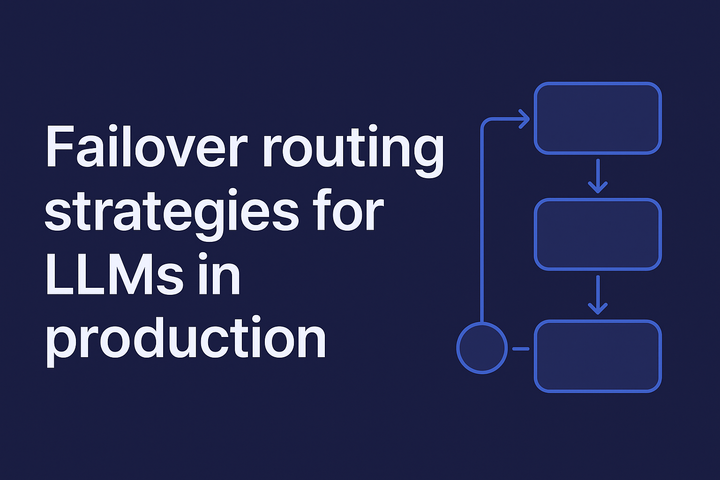Multi-LLM Text Summarization
The paper introduces a novel framework called Multi-LLM for text summarization, which leverages multiple large language models (LLMs) to generate better summaries, especially for long documents. This framework is designed to overcome the limitations of using a single LLM, which might fail to captur
Arxiv URL: https://arxiv.org/abs/2412.15487v1
Authors: Jiangnan Fang, Cheng-Tse Liu, Jieun Kim, Yash Bhedaru, Ethan Liu, Nikhil Singh, Nedim Lipka, Puneet Mathur, Nesreen K. Ahmed, Franck Dernoncourt, Ryan A. Rossi, Hanieh Deilamsalehy
Summary:
The paper introduces a novel framework called Multi-LLM for text summarization, which leverages multiple large language models (LLMs) to generate better summaries, especially for long documents. This framework is designed to overcome the limitations of using a single LLM, which might fail to capture the holistic view of a document.
The Multi-LLM framework operates through two key strategies: centralized and decentralized. In the centralized method, multiple LLMs generate candidate summaries, but a single central LLM evaluates and selects the best one. This method aims to minimize computational costs while ensuring high-quality outputs. The decentralized approach, on the other hand, involves multiple LLMs not only in generating but also in evaluating the summaries. The goal is to achieve a consensus that yields a more robust and comprehensive final summary compared to decisions made by a single model.
Both methods follow a two-stage process that involves initially breaking the text into smaller chunks for summarization, followed by a re-summarization phase of these intermediate results to produce a final cohesive summary. Extensive experiments were conducted to evaluate the effectiveness of these approaches. The findings suggest that multi-LLM summarization significantly outperforms traditional single LLM methods. The research indicates improvements in various quality metrics, such as ROUGE and BLEU scores, showing that the multi-LLM framework can handle both information distribution and content balancing better.
The paper concludes by highlighting the potential of multi-LLM strategies to deliver superior summaries for complex texts. Although successful, the authors acknowledge that there is room for further refinement, especially in developing other topological strategies and optimizing prompts to improve summarization performance further. They advocate for continued exploration in integrating various LLMs and testing in broader domains.
Key Insights & Learnings:
- Multi-LLM approach significantly improves text summarization quality over single LLM methods.
- Centralized and decentralized strategies offer different benefits and computational trade-offs.
- Decentralized evaluation can improve summary robustness through consensus.
- Proposed framework enhances performance, particularly on complex, long-form texts.
- Future work could unlock further improvements with optimized prompt engineering.
Terms Mentioned: Multi-LLM, Centralized summarization, Decentralized summarization, ROUGE score, BLEU score
Technologies / Libraries Mentioned: GPT-3.5, GPT-4, LLaMA2, BART, Pegasus


